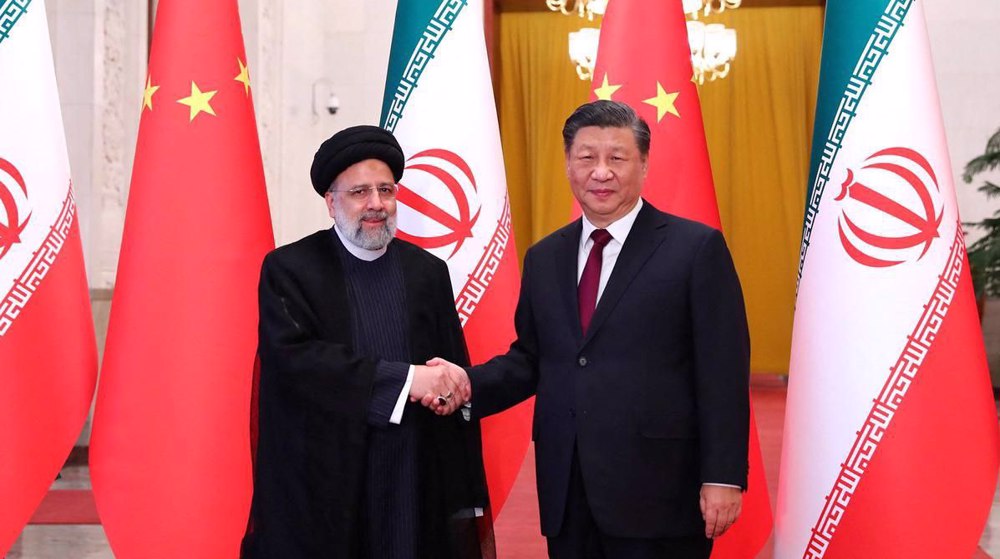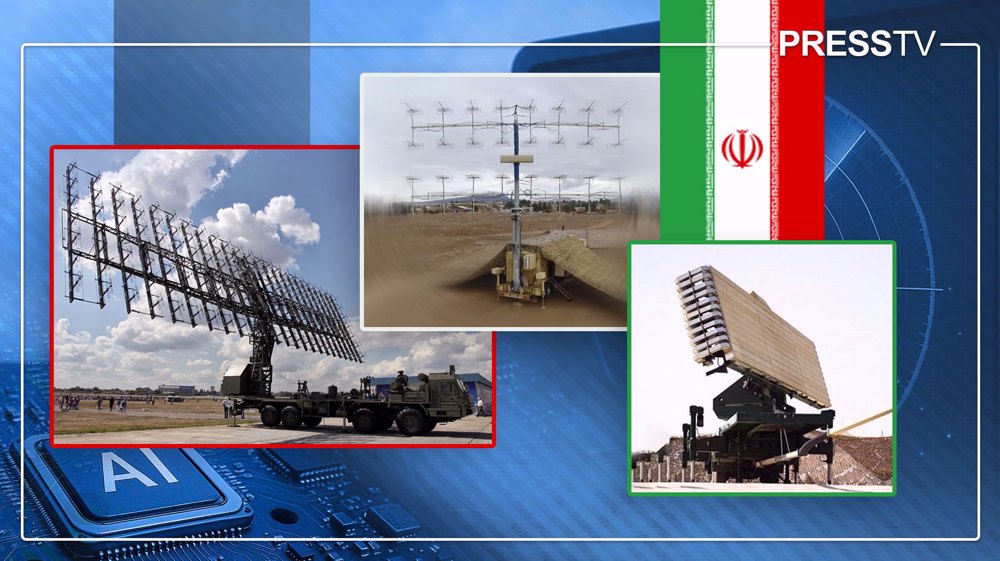President Raeisi’s state visit to Beijing game changer in Iran-China ties
By Maryam Qarehgozlou
President Ebrahim Raeisi’s three-day historic visit to China, the first state visit by an Iranian president in 20 years, is expected to bolster bilateral ties between the two all-weather allies.
The visit comes amid rapid geopolitical shifts in the wake of the protracted Ukraine war and the end of the unipolar world order with the decline of the US military-industrial complex.
Iran-China relations can be traced back to the 1970s when the two countries formally established diplomatic ties. Over the years, Tehran and Beijing have expanded their cooperation in different areas. At present, China is Iran’s largest trade partner, oil purchaser and foreign investor.
According to official data, quoted from the state agency IRNA, China continued to be Iran’s largest trade partner in 2022, with the 10-month figure standing at $25.3 billion, surpassing other neighboring countries such as UAE, Turkey and Iraq.
Since March last year, Iran imported $12.7 billion worth of goods from China and its exports to Beijing stood at $12.8 billion, marking a 10 and 33 percent rise respectively compared to the same period the previous year.
Since the Raeisi government took over in 2021, it has refurbished the country’s foreign policy with a focus on eastern countries, in what the officials describe as the 'Look East Policy'.
This policy is choreographed to strike alliances with non-Western countries, those who have shared interests with the Islamic Republic, including China and Russia.
What these countries primarily have in common is their policy of unwavering resistance to Western hegemonic powers and successful attempts at neutralizing the impact of US sanctions.
Iran has signed a long-term comprehensive strategic cooperation agreement with Beijing and is set to sign with Moscow as well, which augurs well for the country as it gears up to reap the benefits of membership in the Shanghai Cooperation Organization (SCO)
Iran's accession to the Eurasian political, economic, security and defense organization has facilitated diverse cooperation in different areas with its member states, including China.
The SCO – made up of China, India, Pakistan, Russia, and the ex-Soviet Central Asian nations of Kazakhstan, Kyrgyzstan, Tajikistan, and Uzbekistan – was set up in 2001 as a counterweight to Western organizations that are hostile to countries such as Iran.
SCO member countries account for more than 40 percent of the world’s population and contribute about 30 percent of the global gross domestic product (GDP).
Iran's close partnership with SCO member states, in particular the economic giant China, is expected to end the Western monopoly and pave a way for new world order, according to experts.
Before embarking on the visit on Monday, Raeisi said the SCO membership has established Iran’s connection to regional infrastructure and provided it with a good ground to cement its relations with Asian countries, including China.
“We have good global and international contacts and have common positions with China on countering unilateralism and [maintaining our] political independence,” he said.
Iran, holding the world’s second-largest gas reserves, has also applied to join the BRICS group, which includes Brazil, Russia, India, China and South Africa, essentially to tap into the powerful emerging market as an alternative to the West.
Like SCO, BRICS member states account for more than 40 percent of the world's population and about 26 percent of the global economy, which points to vast potential.
Iran and China signed the landmark strategic partnership agreement in March 2021, which basically seeks to enhance cooperation between the two countries in economic, political, cultural, security, and defense areas for the next 25 years.
The $400 billion deal was announced during a visit by Chinese President Xi Jinping to Tehran in 2016.
Iran's foreign ministry spokesman Nasser Kan’ani at a weekly press conference on Monday said President Raeisi’s visit to China will pave way for the implementation of plans and projects foreseen in the 25-year agreement.
The deal also paves the way for Iran’s likely participation in the Belt and Road Initiative (BRI), a massive infrastructure project stretching from East Asia to Europe.
From a geopolitical standpoint, China’s rapidly expanding economy and growth indicators imply that it will keep improving its global position and achieve further economic growth and directly challenge America's economic dominance.
The unease caused in Washington by Raeisi's China visit has to be seen in this context.
The China-Iran partnership is believed to be a win-win proposition for both Tehran and Beijing. Moving closer to each other will not only put an end to US meddling in the region but also help in neutralizing Washington’s maximum pressure campaign against the two countries.
China appears resolute to defy US pressure and expand its cooperation with Iran. The country’s then-foreign minister Wang Yi during his visit to Iran in March 2021 asserted that regardless of global changes, China's commitment to developing relations with Iran will not change.
“No matter in the past, at present or in the future, China is consistent in opposing the unreasonable unilateral sanctions imposed on Iran by other countries, because they violate international law, especially those based on lies and false information, which are immoral and unpopular and constitute an affront to human conscience,” Wang said at the time.
Following his meeting with President Raeisi on Tuesday, President Xi reaffirmed Beijing's resolve to expand ties with its all-weather ally in the face of Western pressures.
“No matter how the international and regional situation changes, China will unswervingly maintain its friendship and cooperation with Iran and advance China-Iran comprehensive strategic partnership,” Xi was quoted as telling Raeisi on Tuesday.
The Chinese president also reaffirmed his country’s willingness to deepen cooperation with Iran in trade, agriculture, industry and infrastructure as well as to import more high-quality Iranian agricultural products, according to a report in Reuters.
Ahead of his visit, Raeisi wrote an editorial in China's state-run People's Daily on Monday in which he stated that both countries are of the opinion that unilateralism and "violent" measures including "unjust" sanctions are the main causes of crises and insecurity in the world.
On Tuesday, after the ceremonial reception for Raeisi, the two sides signed at least 20 cooperation documents in the presence of the two presidents. More agreements are coming up in coming days.
Maryam Qarehgozlou is a Tehran-based journalist who has extensively covered environment, health, technology and Middle East affairs since 2015.
US will suffer ‘massive losses’ in case of new war: Iraq's Kata’ib Hezbollah
Normalization increases cost of defeating Israel, Yemeni leader warns
Activists announce 'Freedom and Sumud Flotilla' to challenge Gaza blockade
VIDEO | Rome residents demand end to ties with Israeli firms
VIDEO | Pakistan Senate condemns ‘hexagon of alliances’ as Indian PM visits Israel
VIDEO | Founder of French pro-Palestine NGO appears before court
VIDEO | Modi’s Israel visit sparks opposition, domestic backlash
VIDEO | Continuous war on media in occupied West Bank










 This makes it easy to access the Press TV website
This makes it easy to access the Press TV website